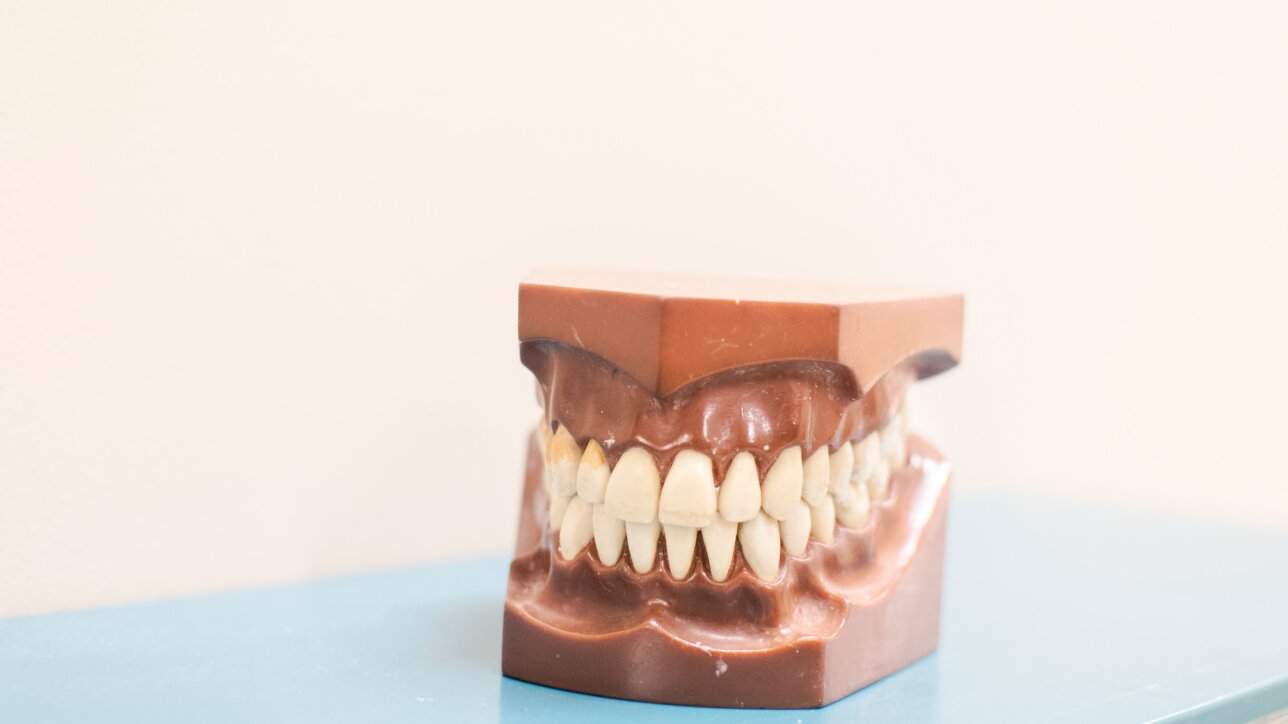
September 28, 2020
Top 5 FAQ for Dental Practice Transitions

It’s easy to get lost in the nitty-gritty of a dental practice transition, but sometimes, in order to see the big picture, you need to take a step back to make sure you are on the right track. You’ve gotten this far; now it’s time to get answers to your most burning questions. Here is a list of the top frequently asked questions about dental practice transitions to help get you started.
Should I sell my dental practice?
The short answer is that every doctor who owns a practice should eventually plan to sell. With proper planning and assistance, many will get paid well for their life’s work. However, others will miss opportunities because of fear or misinformation and net only a fraction of the worth of the practice. While you shouldn’t count on the sale of your practice to fund your retirement plan, you also don’t want to walk away from a valuable asset.
When is the right time to consider selling my dental practice?
As doctors grow older, their needs and circumstances will change. Their capabilities and stamina also change as their biological clocks wind down. Change can be stimulated by disability, divorce, IRS judgments or just being burned out. You should try to set the sale of your practice as a carefully planned event. If a personal crisis dictates the sale, the sale becomes more difficult with a greater risk of lost revenue. For best results, plan early so that you can control the outcome. The longer you wait, the opportunity to plan and direct the course of the sale diminishes.
What are my transition options for my dental practice?
Selling 100% of a practice is usually easier and less complicated than selling part of one. Some doctors are very busy and not yet at retirement age, so selling part of their practice now and the rest later when they are closer to retirement makes more sense. Some feel that bringing in an equity partner is preferable to the revolving door associateships that often occur. Many doctors would rather sell and stay as an associate themselves. This allows them to work the days they want on the patients they want without the hassle of office and staff management. It gets the value of their practice into their hands to invest in the future while they are still earning an income.
What are some key indicators to look at?
Ask yourself: Has your practice gross flattened out or started to decline? Is your body in the office but your mind is on the golf course or traveling? Do you want to cut back due to stress or fatigue? Is your body starting to feel the effects of practicing? Are you tired of managing and motivating your staff? Do you want to take quality time off without worrying about overhead? Do you want to broaden your interests outside of medicine or dentistry? Do you want to convert the equity in your practice to an interest-bearing investment and still maintain control of the practice and your future? Are you tired of uncommitted associates that take advantage of you?
What should I do to prepare for a dental practice transition?
Have a comprehensive practice appraisal conducted to determine ways to make your practice more profitable and valuable. Take the time to get your practice and facility in the best financial and operational shape possible. Since it is a buyer’s market, only the best practices will sell, and the great ones will sell at a premium.
What’s next?
Ready more FAQ here, then contact the experts at Professional Transition Strategies to have the rest of your questions answered.